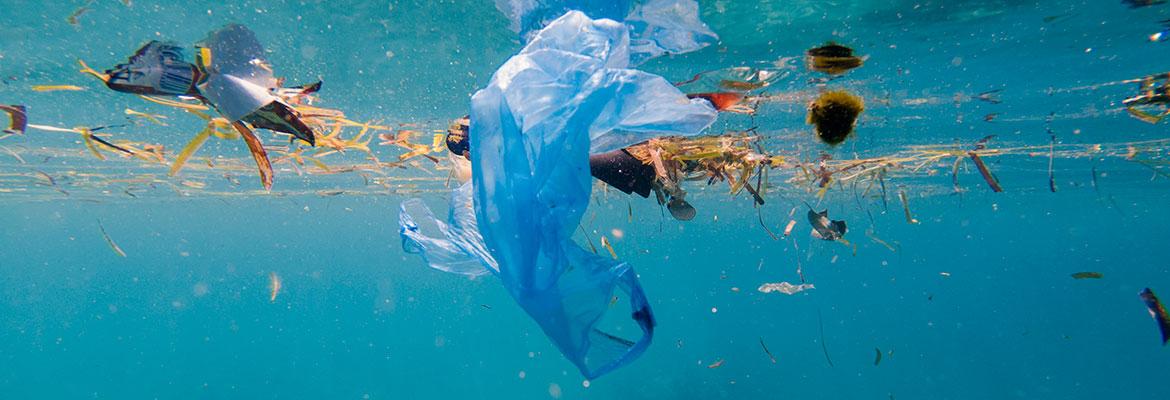
Some pollution risks are a direct result of safety risks. For example a collision or grounding can lead to a fuel spill. Your safety management system could therefore include clean-up procedures and contact details for notifying the authorities of the spill.
Other pollution risks can be managed in the same way as other safety risks. For example, stowing garbage securely prevents garbage from falling overboard, risk to hygiene and trip hazards. Keeping machinery well-maintained to reduce the likelihood of breakdown, also addresses the likelihood of oil leaks (which may lead to a fire) and excessive exhaust emissions (which may be a health hazard to crew and passengers).
Good operational procedures implemented by adequately trained crew ensures that activities such as refuelling and loading cargo are done safely and with consideration of the possible environmental impacts.
Related content
- Incident reporting-for all vessels to report accidents.
- Port state control-International vessel safety and pollution requirements.